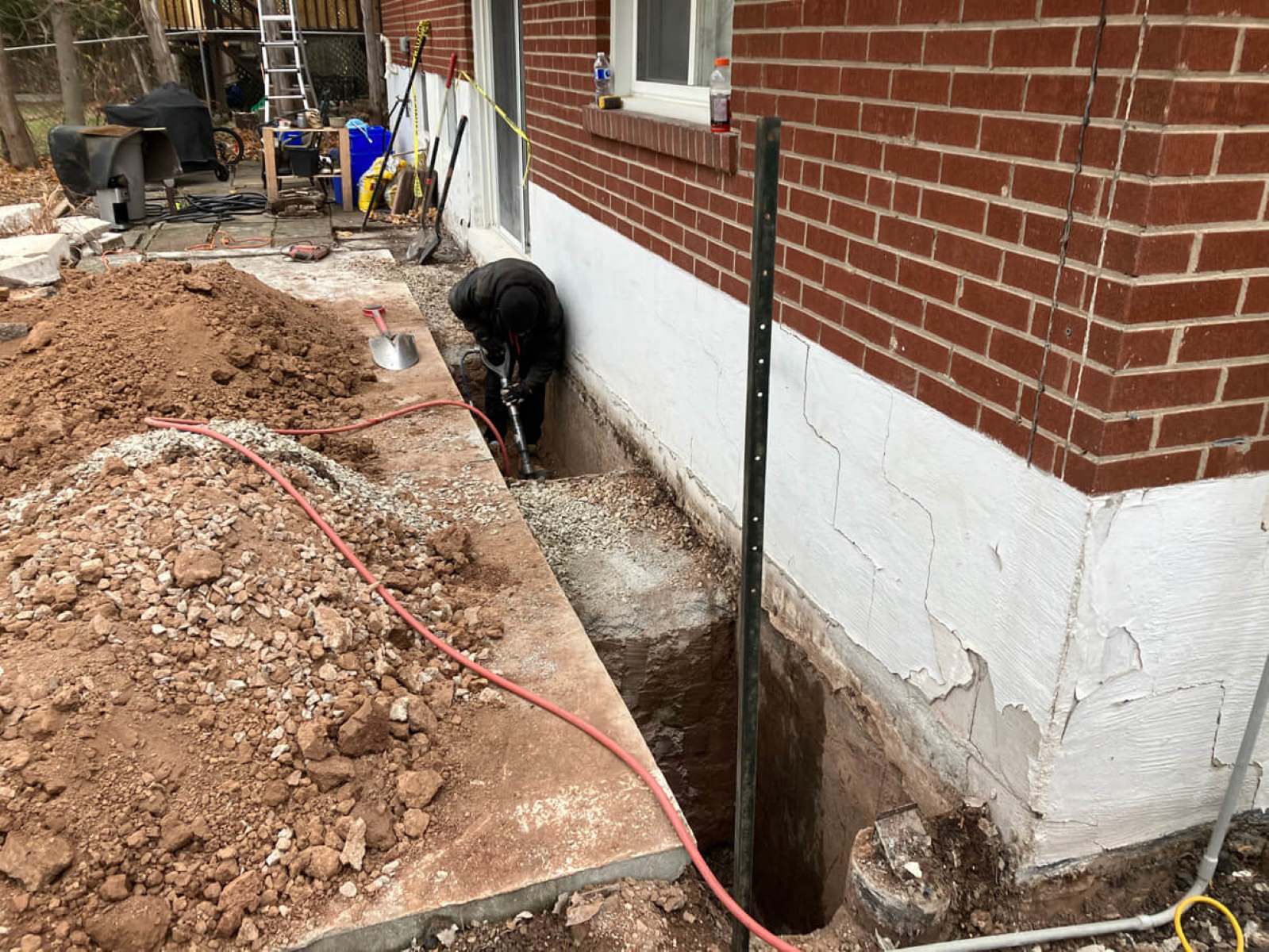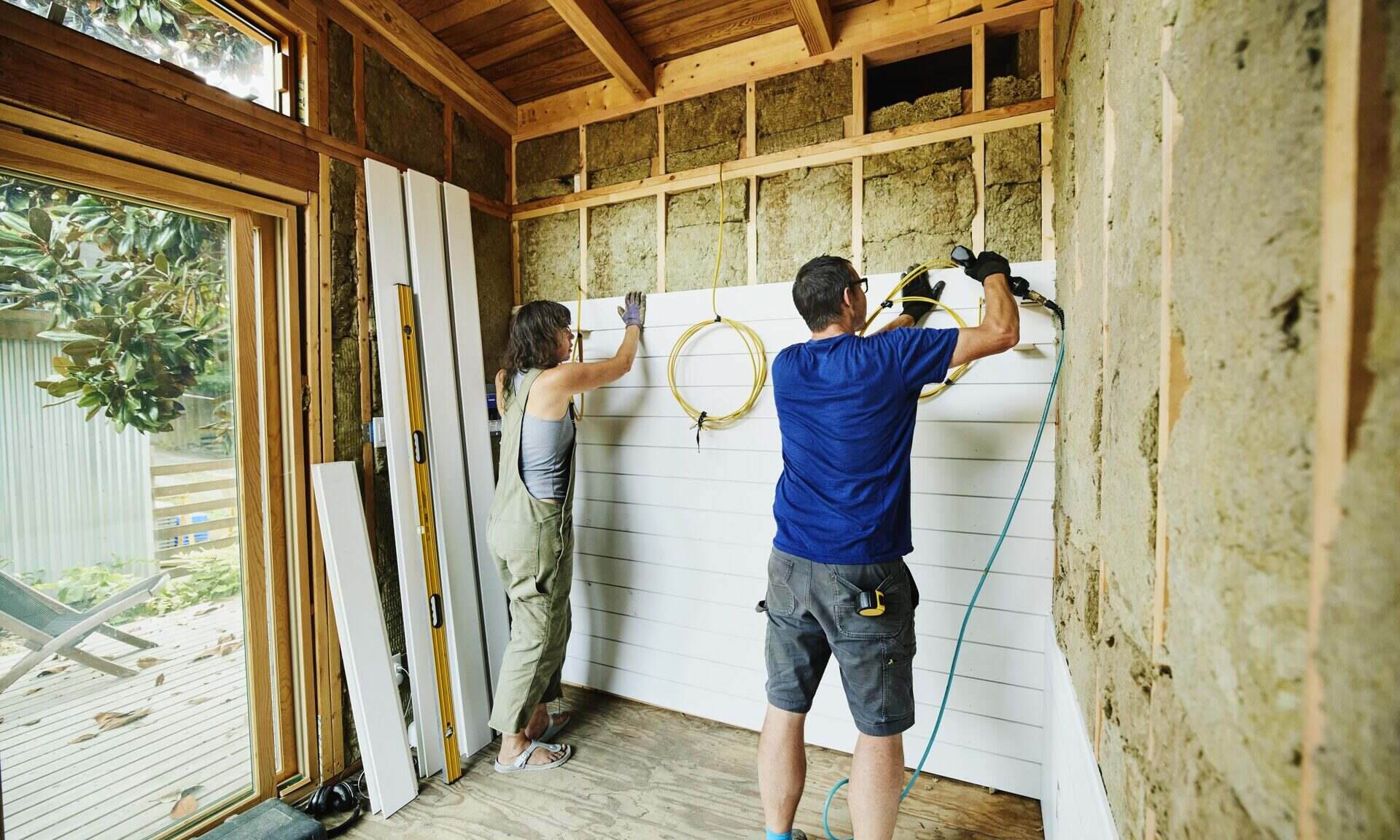Home>Ideas and Tips>Understanding Home Warranties: Are They Worth It?


Ideas and Tips
Understanding Home Warranties: Are They Worth It?
Published: September 26, 2024
Discover the benefits and drawbacks of home warranties. Learn what they cover, costs, and if they're worth the investment for homeowners.
(Many of the links in this article redirect to a specific reviewed product. Your purchase of these products through affiliate links helps to generate commission for Storables.com, at no extra cost. Learn more)
Understanding Home Warranties: Are They Worth It?
Home warranties can be a real lifesaver for homeowners, especially those new to the game or looking to protect their investment. These warranties cover the costs of repairs and replacements for various home systems and appliances. But are they worth it? The short answer is: Yes, they can be, but it depends on your situation and needs.
What Are Home Warranties?
A home warranty is a service contract that covers the repair or replacement of major home systems and appliances. It's designed to protect homeowners from unexpected and costly repairs due to normal wear and tear or mechanical failures. Home warranties typically cover items like HVAC systems, plumbing, electrical systems, and major appliances like refrigerators, ovens, and dishwashers.
Read more: How Long Is Air Conditioner Warranty
How Do Home Warranties Work?
Home warranties work by providing a financial safety net for homeowners. Here’s how it typically works:
- Purchase: Homeowners buy a home warranty policy from a provider.
- Coverage: The policy covers specific home systems and appliances listed in the contract.
- Service Calls: When a covered item fails, the homeowner contacts the warranty provider.
- Repair/Replacement: The provider arranges for a pre-screened contractor to repair or replace the item.
What Does a Home Warranty Cover?
The coverage provided by a home warranty can vary depending on the provider and the specific policy purchased. However, most standard policies cover:
- HVAC Systems: Heating, ventilation, and air conditioning systems.
- Plumbing: Fixtures, pipes, and appliances like water heaters.
- Electrical Systems: Wiring, outlets, and circuit breakers.
- Major Appliances: Refrigerators, ovens, dishwashers, and washing machines.
- Garbage Disposals: Often included in plumbing coverage.
- Pools/Spas: Some policies may cover pool and spa equipment.
Some policies may also offer additional coverage for items like septic systems, water treatment systems, and even outdoor kitchen appliances.
What Does a Home Warranty Not Cover?
While home warranties provide comprehensive coverage for many home systems and appliances, there are certain items that are typically excluded:
- Pre-existing Conditions: Any issues that existed before purchasing the warranty are usually not covered.
- Maintenance-Related Issues: Failure to perform routine maintenance can void coverage for certain items.
- Natural Disasters: Damage caused by natural disasters like floods, earthquakes, or hurricanes is usually excluded.
- Cosmetic Repairs: Cosmetic issues such as scratches on appliances are typically not covered.
- Normal Wear and Tear: While some policies cover normal wear and tear, it's essential to review the fine print to understand what is included.
Costs of Home Warranties
The cost of a home warranty varies widely depending on several factors including the provider, coverage limits, and policy duration. Here are some general cost ranges:
- Annual Premiums: Typically range from $300 to $600 per year.
- Deductibles: Most policies come with a service call fee (deductible) which can range from $50 to $150 per call.
- Coverage Limits: Some policies may have coverage limits per item or per year.
Pros of Home Warranties
- Financial Protection: Home warranties offer financial protection against unexpected repair costs.
- Peace of Mind: Knowing that you have a safety net in place can reduce stress and anxiety.
- Cost Savings: By covering repair costs upfront, homeowners can avoid high upfront costs associated with repairs.
- Convenience: Many providers offer 24/7 customer service and pre-screened contractors for easy service calls.
Cons of Home Warranties
- Costs: While not overly expensive, the annual premiums and service call fees can add up over time.
- Exclusions: Understanding what is excluded from coverage is crucial; some exclusions might catch homeowners off guard.
- Contractual Obligations: Homeowners must adhere to contractual obligations such as regular maintenance schedules to avoid voiding coverage.
- Provider Quality: The quality of service provided by contractors can vary significantly between providers.
Choosing the Right Home Warranty Provider
Selecting the right home warranty provider is crucial for maximizing benefits while minimizing costs and potential issues:
- Research Providers: Look into multiple providers to compare coverage options, costs, and customer reviews.
- Read Reviews: Check online reviews from other customers to gauge provider reliability and customer service quality.
- Policy Details: Carefully review policy details including coverage limits, deductibles, and exclusions.
- Customer Support: Ensure the provider offers good customer support with clear communication channels.
Real-Life Scenarios
To better understand how home warranties work in practice, let's consider some real-life scenarios:
Scenario 1: HVAC System Failure
A homeowner purchases a home warranty that covers HVAC systems with an annual premium of $400 and a $75 service call fee per call. One winter morning, their heating system fails due to mechanical issues. They contact their warranty provider who arranges for a pre-screened contractor to repair or replace the system within 24 hours. The total cost for repair is $1,200; however, since it falls under their warranty coverage, they only pay the $75 service call fee.
Scenario 2: Appliance Failure
Another homeowner buys a home warranty that includes major appliances like refrigerators with an annual premium of $500 and a $100 deductible per call. One day their refrigerator stops working due to normal wear and tear. They contact their warranty provider who sends a contractor to replace it within two days. The total cost for replacement is $800; however, since it falls under their warranty coverage minus their deductible ($100), they pay only $700 out-of-pocket.
Practical Tips for Homeowners
- Regular Maintenance: Perform regular maintenance tasks like changing air filters or checking plumbing fixtures regularly to avoid voiding coverage.
- Review Policy Details: Carefully review policy details including coverage limits and exclusions before purchasing.
- Keep Records: Keep records of all service calls including dates, times, and descriptions of issues encountered.
- Communicate with Providers: Communicate clearly with your provider about any issues or concerns you have regarding coverage or service quality.
Conclusion
Home warranties offer valuable protection against unexpected repair costs by providing financial safety nets for homeowners. While there are costs associated with these warranties (premiums and deductibles), they can provide significant peace of mind knowing that you have a plan in place for unexpected repairs or replacements of major home systems and appliances.
In conclusion:
- Understand Coverage: Clearly understand what is covered under your policy including any exclusions or limitations.
- Choose Wisely: Select a reputable provider offering comprehensive coverage at reasonable costs.
- Maintain Records: Keep detailed records of all service calls for future reference.
- Regular Maintenance: Perform routine maintenance tasks regularly to avoid voiding coverage.
By taking these steps into consideration when evaluating whether or not investing in a home warranty is worth it for you will help ensure that you make an informed decision tailored specifically towards meeting your unique needs as a homeowner.
References
For further information regarding specific aspects discussed within this article such as navigating Oregon’s irrigation rights or understanding home warranties further; readers may refer back towards previous articles published within our series which delve deeper into these topics respectively:
- Understanding Oregon’s Irrigation Rights: A Guide for Property Buyers
- Why You Should Trust Contractors With Your House Improvements
- Buying vs Renting A Home In Canada: Pros And Cons To Consider
By staying informed through comprehensive research backed by expert insights provided herein; homeowners can better navigate complex decisions surrounding property ownership while ensuring optimal protection against unforeseen expenses associated therewith.
Was this page helpful?
At Storables.com, we guarantee accurate and reliable information. Our content, validated by Expert Board Contributors, is crafted following stringent Editorial Policies. We're committed to providing you with well-researched, expert-backed insights for all your informational needs.














0 thoughts on “Understanding Home Warranties: Are They Worth It?”